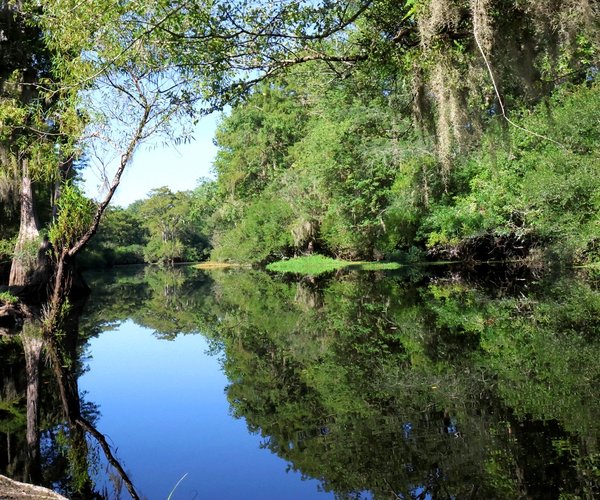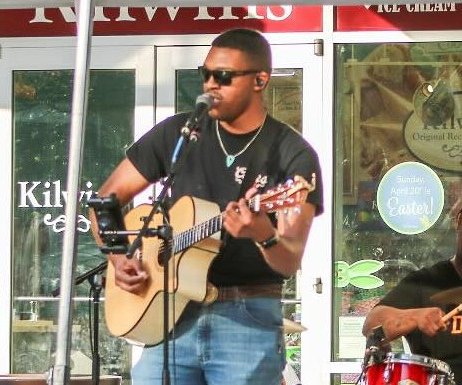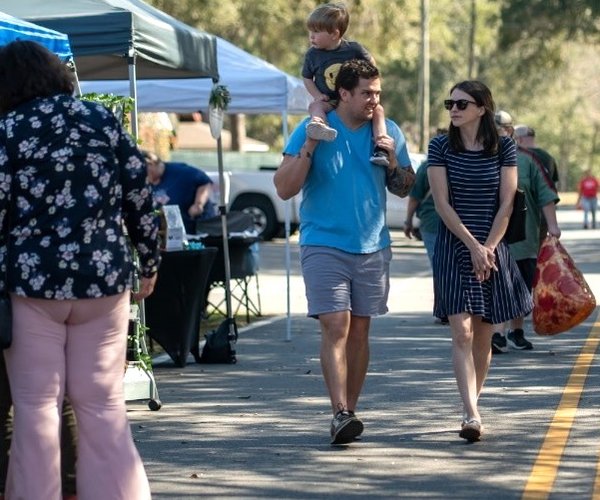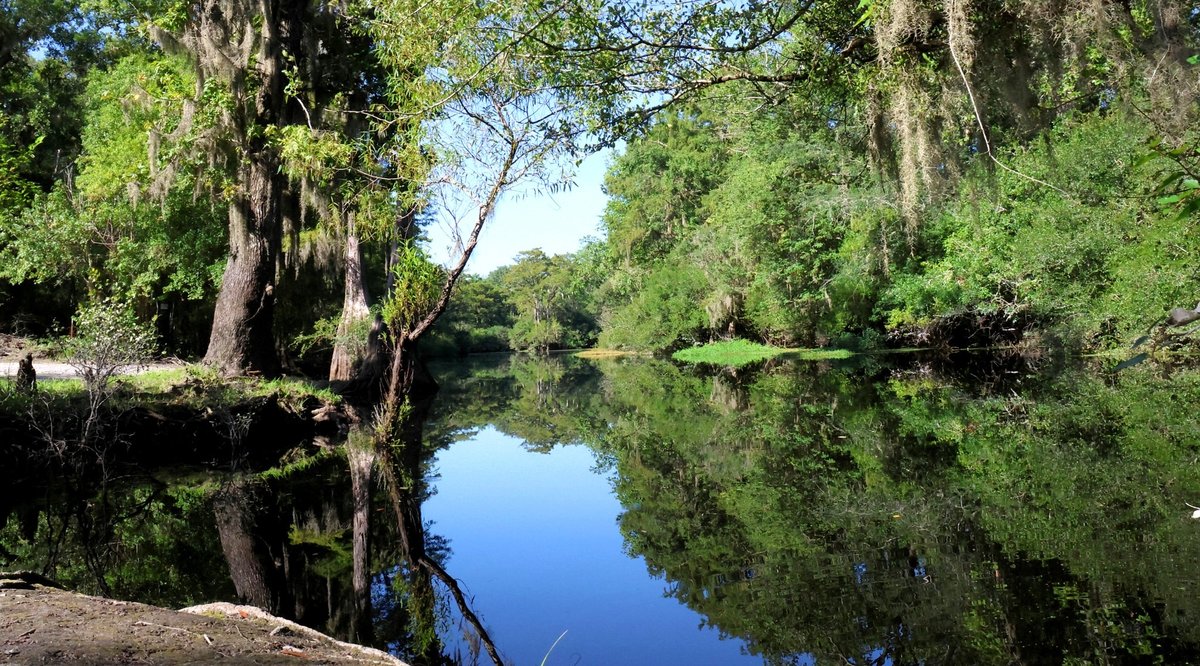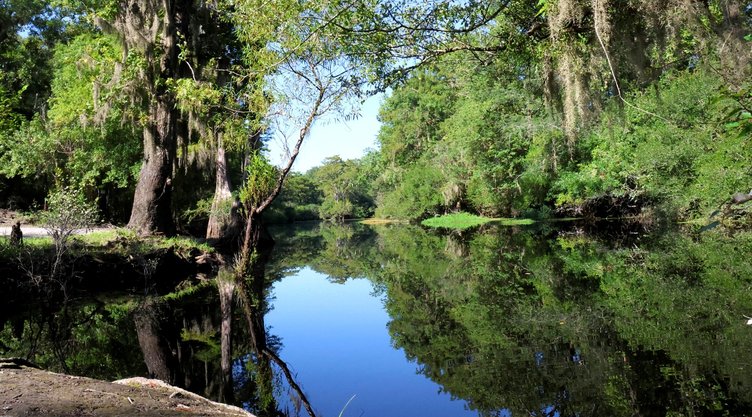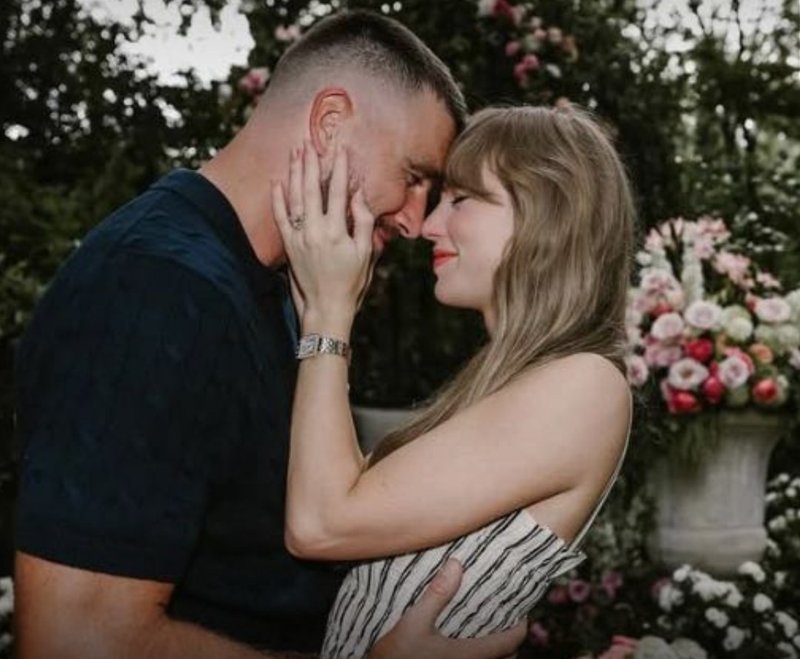Possibly more so than any other previous year, the Historic Effingham Society enjoyed celebrating its annual banquet Saturday night at the New Ebenezer Retreat Center.
The organization became financially strapped after the county could no longer contribute funding — so much so that the HES faced the very real possibility of having to close the doors of the Effingham Museum.
However, through the tireless work of volunteers, donations from corporate sponsors and fundraisers hosted by the Historic Effingham Society, the HES was able to continue its mission of hosting tours of the museum and participating in local events such as Olde Effingham Days and the Olde Fashioned Christmas Celebration.
“We’ve done a tremendous amount of work with a lot of volunteers and a little bit of money,” HES President Norma Jean Morgan said.
The HES thanked its volunteers and supporters, including this year’s Member of the Year, Susan Exley. Morgan credited Exley with making a number of contributions to the HES, including conducting extensive research on Effingham County and writing the Echoes of Effingham feature that appears each Friday in the Herald.
“Susan is a wonderful member,” Morgan said. “We’re grateful for her service.”
Tom and Linda Hodgson received this year’s HES Preservation Award for saving Linda’s childhood home from demolition. The house on Stillwell Road in Springfield, built by Linda’s father in 1946, would have been torn down had the Hodgsons not restored it.
“I know my mom and dad are smiling down,” Linda said.
Morgan presented President’s Awards to Francis Hutto and Beverly Poole. Hutto was recognized for his financial support of the HES, including providing the funds to install a roof on the Blandford Depot at the museum.
Poole is an HES staff member who Morgan said volunteers countless hours on top of the few for which she is paid. Morgan said Poole is “constantly at the museum” to give tours or to help any other way she can.
“Whenever I need something,” Morgan said, “Miss Beverly says, ‘I got it.’ She’s always got it. She gives and gives and gives. She’s fabulous.”
Poole, acknowledging she was caught completely off-guard by the award, said, “I love the Historic Society, and I love that museum.”
The evening’s guest speaker was author and historic preservationist Vaughnette Goode-Walker. Goode-Walker co-wrote “Bankers, Brokers, and Bay Lane – Inside the Slave Trade,” the second book in a four-book series about Savannah during the time of the Civil War.
Goode-Walker spoke candidly about the era when slavery thrived in Savannah. For example, she displayed a poster advertising a slave sale in 1859, during which she said 435 people were sold in Savannah in just three days.
Another example she gave was a man who died in 1856 with a worth of $220,000 — $170,000 of which was the people he owned. The man owned 340 people, each given a value of $500.
It was a time, Goode-Walker said, when slave brokers and auctioneers operated openly in Savannah, and banks were connected to the slave trade. Some people spent thousands of dollars purchasing slaves, and some buyers and sellers reportedly navigated around the law to avoid municipal slaves’ taxes.
“The institution of slavery was just that — an institution, based on money,” Goode-Walker said. “It was all about the money.”
Morgan followed Goode-Walker’s talk by discussing the role slavery had in Effingham County.
“Year ago, when I started looking into my own family history,” Morgan said, “I was told, ‘Oh, we didn’t have any slaves. We didn’t do that.’ Well, in fact, we all did.”
Morgan cited historical records that 471 families lived in Effingham County in 1860. Of those, 242 families were slave holders.
“We’ve come a long way,” Morgan said. “And I’m so grateful we have.”


